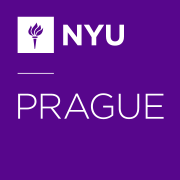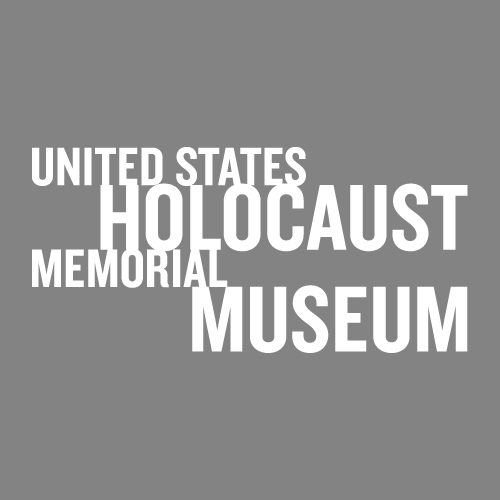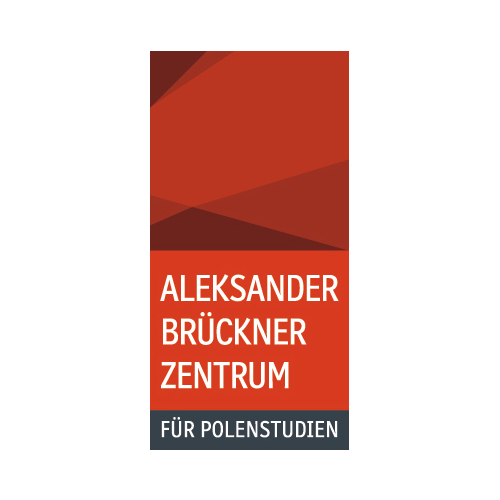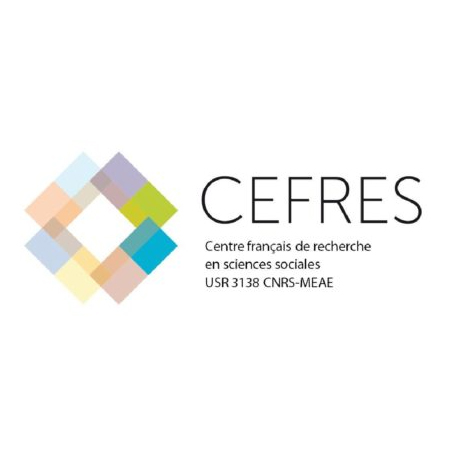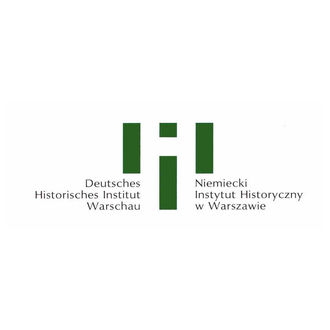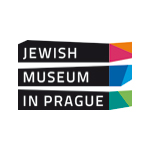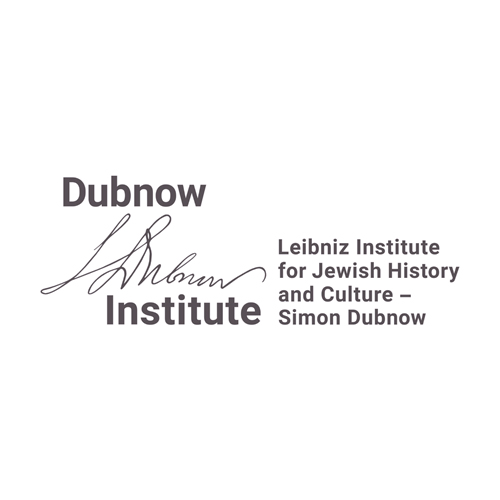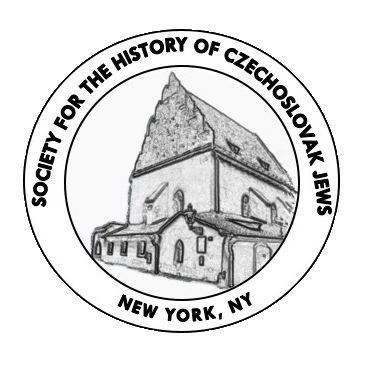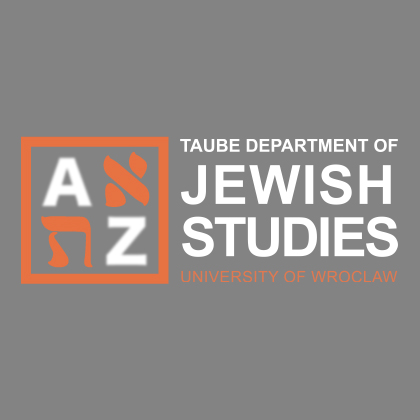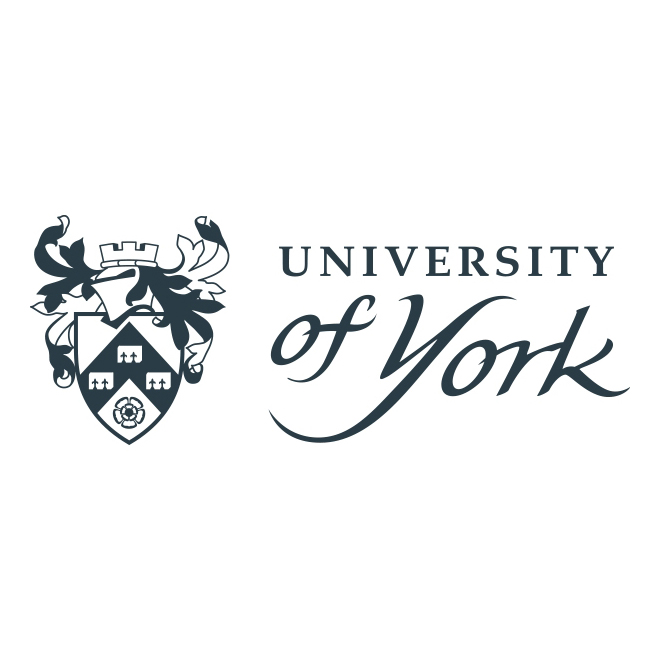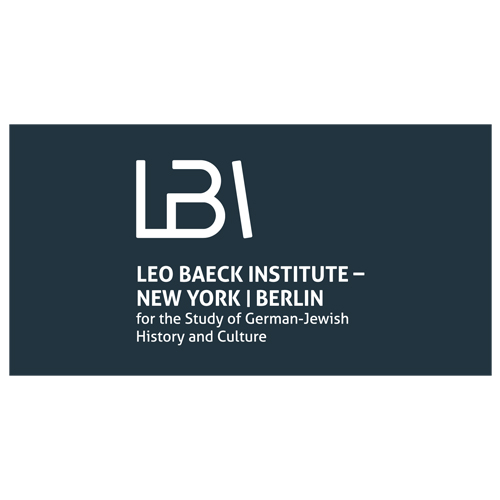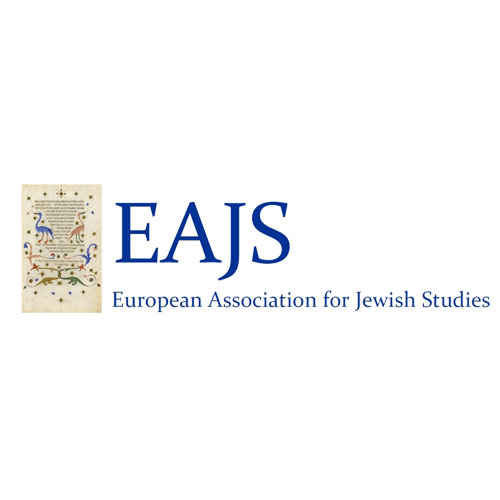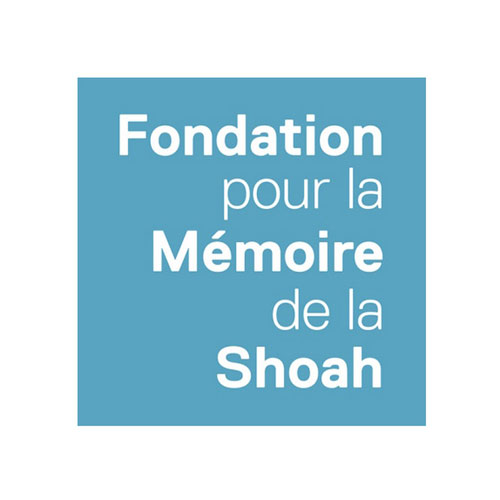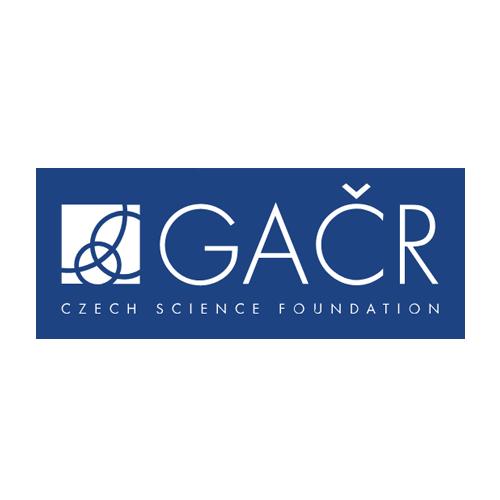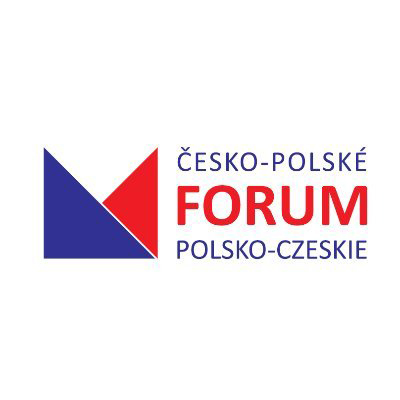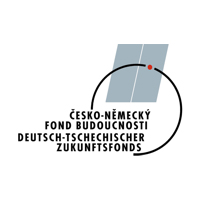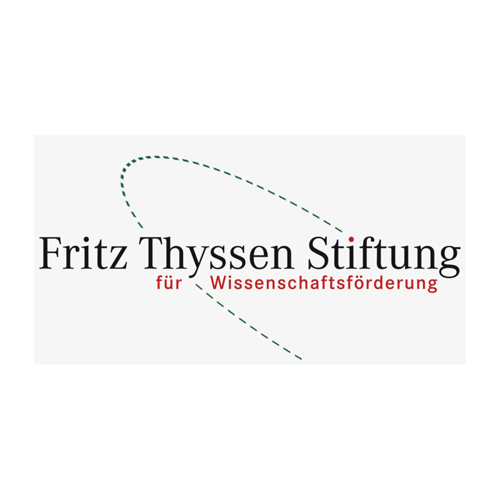Tatjana Lichtenstein (The University of Texas at Austin)
In the Bohemian Lands (today’s Czech Republic), Jews – including intermarried Jewish and non-Jewish families –responded even before the German invasion by seeking to forestall the persecution they anticipated. They did so through baptism, by flight to areas considered safer, work retraining programs, by sending children abroad, by transferring property and belongings to non-Jewish relatives and friends, and through a myriad of other actions that continued after the establishment of the Nazi Protectorate of Bohemia and Moravia. Intermarried families and people of so-called mixed racial ancestry occupied a position between Jewish and non-Jewish society. On the one hand, the Jewish spouse or children were targeted by the authorities’ anti-Jewish measures. On the other, their non-Jewish family members mitigated the effects of persecution and, significantly, “protected” their Jewish spouse from deportation, even when this protection did not to extend to the families’ children. In this talk, Tatjana Lichtenstein will discuss the experience of several intermarried families in wartime Prague. In particular, she will focus on how existing social and familial networks could mitigate persecution, by providing shelter, access to resources and forms of temporary protection. While non-Jewish relatives and friends were not in a position to stop the process of genocide, they were, at times, able to mitigate the effects of dispossession, isolation, deprivation, and deportation. The talk addresses the question of the role of “neighbors” during the Holocaust.










